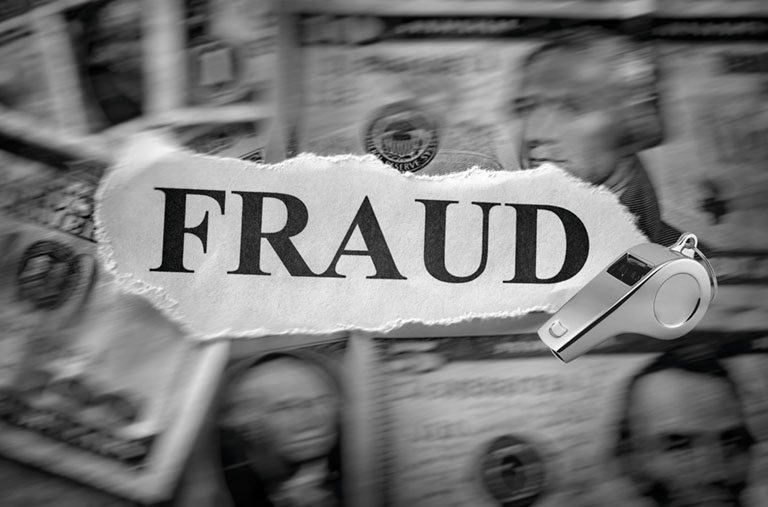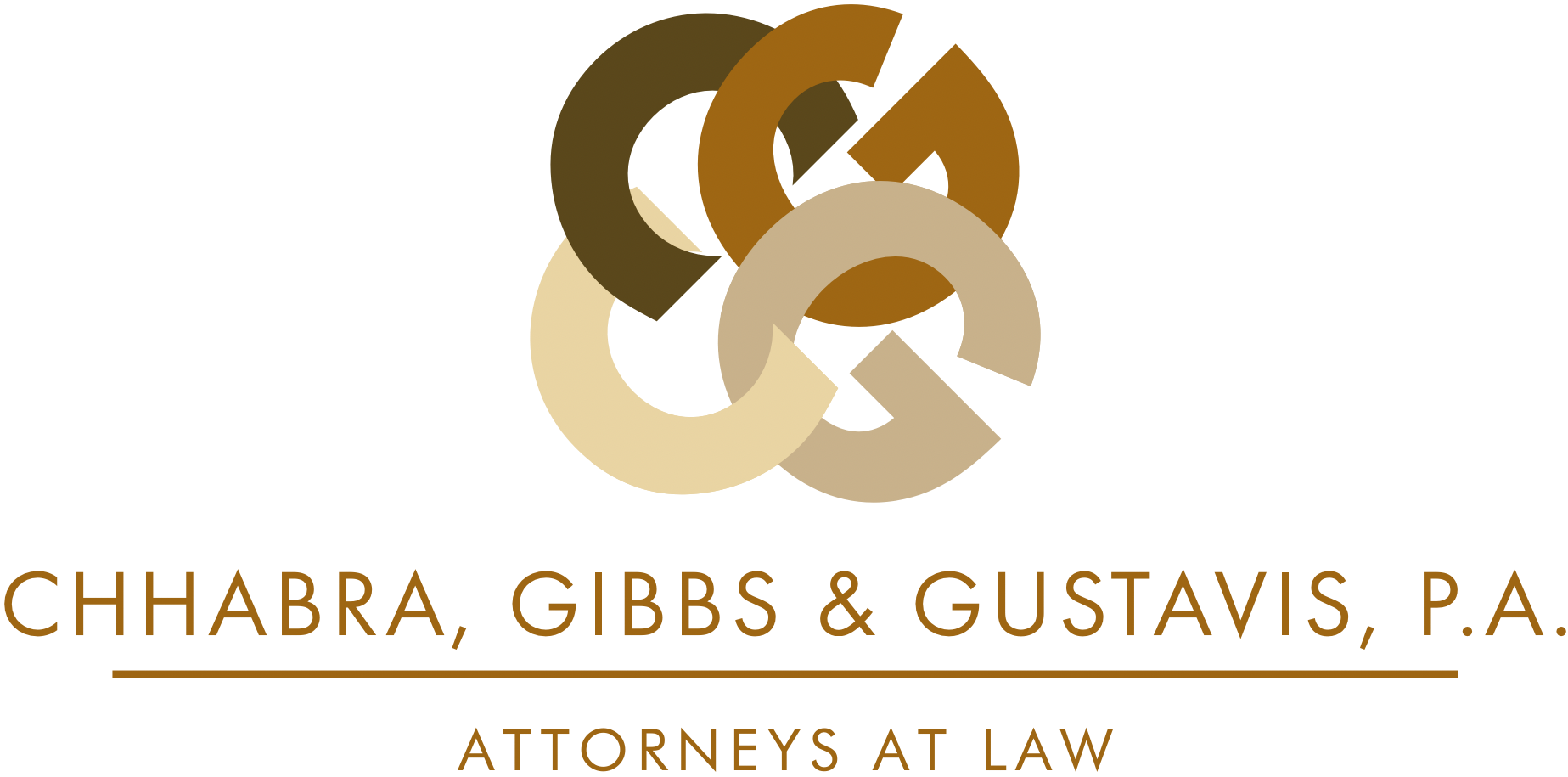Qui tam lawsuits are a type of civil lawsuit a whistleblower brings under the False Claims Act, a law that rewards a whistleblower if their qui tam cases recover funds for the government. Qui tam cases are a powerful way for a whistleblower to help the government stop many kinds of fraud – Medicare and Medicaid fraud, defense contractor fraud and numerous other types of frauds that impact the government financially – and recover billions that have been stolen from the U.S. Treasury and taxpayers.

The False Claims Act rewards a whistleblower whose qui tam lawsuits recover government funds and provides job protection to a whistleblower because of the professional and personal risks they take to expose and stop fraud against the government – fraud that can endanger the lives of patients, U.S. soldiers and others.
Call a Qui Tam – Whistleblower Lawyer Who Will Fight For Your Rights
Once a person has evidence of fraud against the government and decides to be a whistleblower, that person needs to find a lawyer to represent him/her. Thorough research should be done and careful consideration should be given to the hiring decision as the work by that lawyer will be key to the success of the qui tam case.
Under the False Claims Act, a private citizen may sue an individual or a business that is defrauding the government and recover funds on the government’s behalf. The whistleblower and qui tam lawsuit is filed “under seal,” meaning that it is kept secret from everyone but the government to give the Justice Department time to investigate the allegations. Even the person or entity being accused of fraud is not told about the qui tam case. The qui tam lawsuit and supporting documents should provide the government with detailed information about the fraud.
The government investigates the allegations, often with the assistance of the whistleblower’s attorney, and decides whether it will join, or “intervene,” in the case. The government intervenes in only a small percentage of qui tam lawsuits. Although whistleblowers have the option under the False Claims Act to pursue qui tam cases on their own, the chances of success are much higher when the government joins.
Contact the Law Offices of Chhabra & Gibbs Today
Do you have whistleblower knowledge of Government fraud? Types of Fraud under the False Claim’s act include Medicare and Medicaid Fraud, Social Security Fraud, Defense Contractor Fraud, Environmental Fraud, Government Contract Fraud, US Postal Service Fraud, Government Construction Fraud, GSA Fraud, Federal Student Loan Fraud, and Federal Crop Fraud.
CONTACT US TODAY IF YOU HAVE KNOWLEDGE OF GOVERNMENT FRAUD. YOU MAY QUALIFY FOR COMPENSATION
MOTOR VEHICLE SAFETY WHISTLE-BLOWER ACT
While whistleblowers already have several means to report fraud to the federal government—including the False Claims Act, the IRS whistleblower program, and the SEC and CFTC whistleblower programs—there is a new, bipartisan, fraud-fighting law on the books that rewards whistleblowers for valuable information in the auto industry. Since late 2015, the Motor Vehicle Safety Whistleblower Act (MVSWA) has offered monetary incentives to reward individuals who report information about life-threatening automobile safety issues to the U.S. Department of Transportation and/or the National Highway Traffic Safety Administration. The law was passed as part of the Fixing America’s Surface Transportation Act (FAST Act) and can be found at 49 U.S.C § 30172.
Under the new program, a whistleblower can receive a reward of up to 30% of any monetary sanctions over $1,000,000 the government imposes based on the information the whistleblower provides. As well, existing law offers vehicle-safety whistleblowers protection against employer retaliation.
In order to qualify for a reward under 49 § 30172, you must:
- be an “insider” of a motor vehicle manufacturer, part supplier, or dealership (you must be an employee or contractor of one of these institutions);
- who voluntarily provides (it cannot be a part of an investigation or subpoena or something read about online);
- original information to the Department of Transportation (information not already known to the Department of Transportation);
- of a motor vehicle defect or noncompliance/violation with safety requirements (including failure to report and/or recall known issues);
- that is likely to cause an unreasonable risk of severe injury or death (the risk must be more than just the inherent risk of driving); and
- leads to monetary sanctions of more than $1,000,000 (including actions brought by Department of Justice).
The Motor Vehicle Safety Whistleblower Act is designed to keep America’s roads and highways safe from known, preventable dangers. Fortunately, the law recognizes that whistleblowers are essential to that mission, as they have not only the knowledge of auto safety-related issues, but also the integrity to speak up and speak out. The Department of Transportation is required by the new law to issue proposed regulations outlining how the program will operate within the next year. However, at this time the statute is in effect and potential whistleblowers should act quickly in order to timely file a tip with the Department of Transportation under the law. To that end, it is highly recommended that any potential whistleblower contact a lawyer who is familiar with whistleblower provisions of other similar statutes, such as the Securities and Exchange Commission (SEC), U.S. Commodity Futures Trading Commission (CFTC), and Internal Revenue Service (IRS) whistleblower programs, and the False Claims Act.
Are you an auto industry insider aware of a corporate cover up in the industry? If so, the MVSWA may protect and reward you for doing the right thing by reporting the cover up. If you have any questions about whether you qualify as a whistleblower, please contact an attorney at Chhabra, Gibbs & Gustavis, P.A. for a free and confidential evaluation of your claim. You can give us a call at 601-948-8805 or use our live chat.

